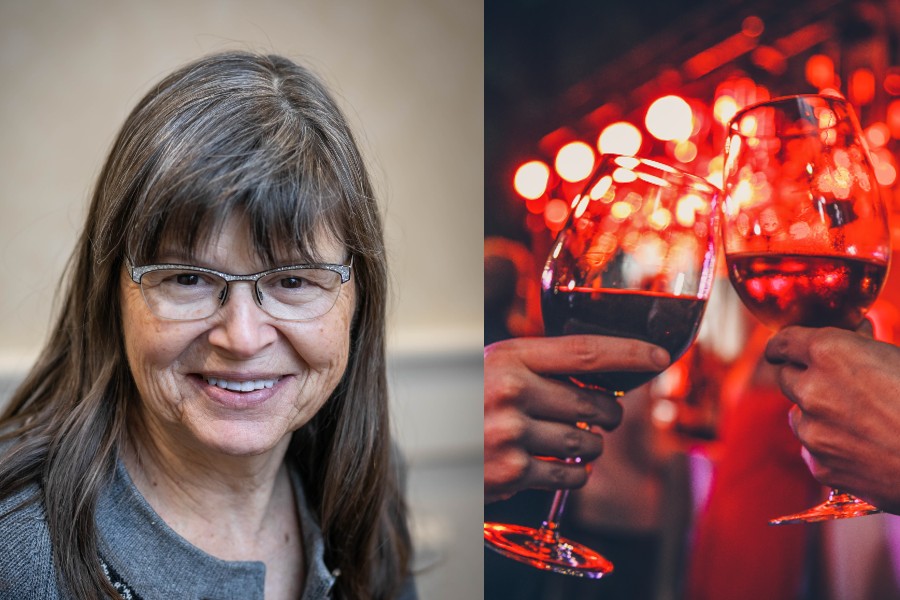
The holidays are right around the corner, which means more time spent with family and friends. It is important to recognize ways to keep each other healthy, considering celebrations may be accompanied with alcohol and substances.
Sheila Specker, MD, with the University of Minnesota Medical School, talks about the impact that the holidays can have on people with addictions.
Q: Why are the holidays a difficult time for those with addiction?
Dr. Specker: Alcohol is often present during holiday activities. Individuals who currently or previously have had problems with alcohol may struggle with the offer of a drink. Feeling left out, not wanting to be seen as different and not knowing how to say no are common thoughts in social settings where alcohol is present. Holidays can be enjoyable and exciting, but they can also add stress and unexpected challenges. Alcohol and other substances are one way to relieve that stress. Loneliness, isolation and depression may be present and increase the risk for substance use.
Q: Which types of addiction spike during the holidays?
Dr. Specker: Alcohol is the most common substance, partly because of its availability. However, other substances are problematic as well. According to the CDC, the most dangerous times of the year for drug-and-alcohol-related deaths are December, January and March. Other addictive type behaviors, such as binge eating, become more problematic as well.
Q: What are some ways you can support a loved one as they struggle with addiction during family gatherings?
Dr. Specker: I suggest having non-alcoholic beverages. Gatherings do not have to include alcohol. If there is alcohol present, choosing not to drink is one way to support the loved one. You may also want to have a conversation ahead of time about leaving early if the occasion becomes uncomfortable or the temptation is high.
Q: What tips do you have for those struggling with addiction during the holidays?
Dr. Specker: I encourage healthy activities and self-care: exercise, sleep, meditation, as well as being active in recovery. Attending more self or mutual help meetings, or talking with a sponsor or others in recovery can be very helpful. It’s also important to recognize specific stressors and address them. That could mean limiting spending if finances are a stressor.
Q: How can family members and friends celebrate the holidays in ways that help support their loved ones in their healthy routine/habits?
Dr. Specker: Focus on what is most meaningful and promotes healthy interactions. This may mean new traditions. Allow time to relax and spend time with your loved ones through healthy activities such as exercise.
Sheila Specker, MD, is an addiction psychiatrist with the University of Minnesota Medical School and M Health Fairview. She is also a member of the University’s Medical Discovery Team on Addiction. Her expertise is in eating disorders, substance use disorders and addictive disorders.
-30-
About “Talking...with U of M”
“Talking...with U of M” is a resource whereby University of Minnesota faculty answer questions on current and other topics of general interest. Feel free to republish this content. If you would like to schedule an interview with the faculty member or have topics you’d like the University of Minnesota to explore for future “Talking...with U of M,” please contact University Public Relations at [email protected].
About the University of Minnesota Medical School
The University of Minnesota Medical School is at the forefront of learning and discovery, transforming medical care and educating the next generation of physicians. Our graduates and faculty produce high-impact biomedical research and advance the practice of medicine. We acknowledge that the U of M Medical School, both the Twin Cities campus and Duluth campus, is located on traditional, ancestral and contemporary lands of the Dakota and the Ojibwe, and scores of other Indigenous people, and we affirm our commitment to tribal communities and their sovereignty as we seek to improve and strengthen our relations with tribal nations. For more information about the U of M Medical School, please visit med.umn.edu.
- Categories:
- Health
- Health conditions
- Medical




